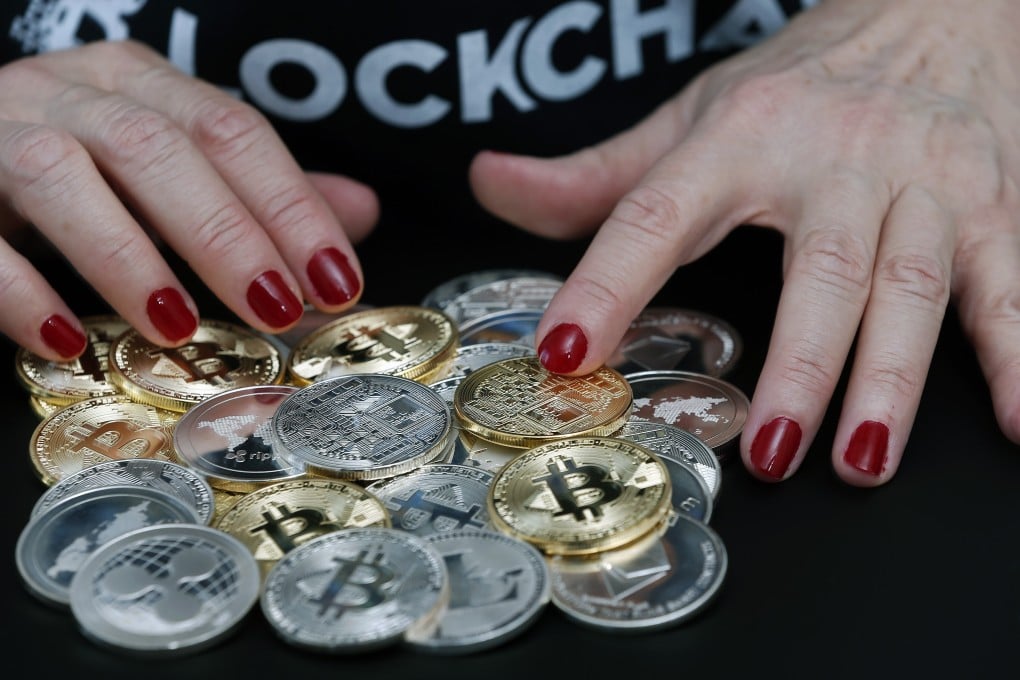Opinion | Stablecoins in Southeast Asia: the less volatile cryptocurrency is a boon for terrorist groups
- Despite the appeal of anonymity and ease of international fund transfers, large swings in value have made cryptocurrency unattractive to extremist and criminal networks
- But stablecoins, which have a value fixed against a certain asset, offer these groups an advantage – as does the widespread adoption of digital payments in Southeast Asia

Now, another form of cryptocurrencies – stablecoins – are making such illicit uses more viable, and raising regulators’ eyebrows.
In the space of a few days, the value of Bitcoins went on a roller-coaster ride, surging from US$20,000 to settle at close to US$40,000 last week, leaving investors who cashed in early muttering under their breath and regulators screaming for action.
Stablecoins, the value of which is fixed against a certain asset, are changing the rules of the game –they offer criminal and terrorist organisations all the advantages of cryptocurrency without the downside of volatility. Tether, which is designed to keep the value of each token pegged to US$1 and is issued by the eponymous Hong Kong-based company, is leading the pack.

Tether recently outpaced Bitcoin to become the world’s most-used cryptocurrency, and owes its rapid adoption to its advertised stability as well as its ease of use in cross-border transactions. This trend is also spreading to other cryptocurrencies: in late December, the New York State Department of Financial Services authorised Japanese internet giant GMO to issue, administer, and redeem Japanese yen and US dollar-pegged stablecoins in New York. There is little doubt that extremist organisations are taking note of these developments.

